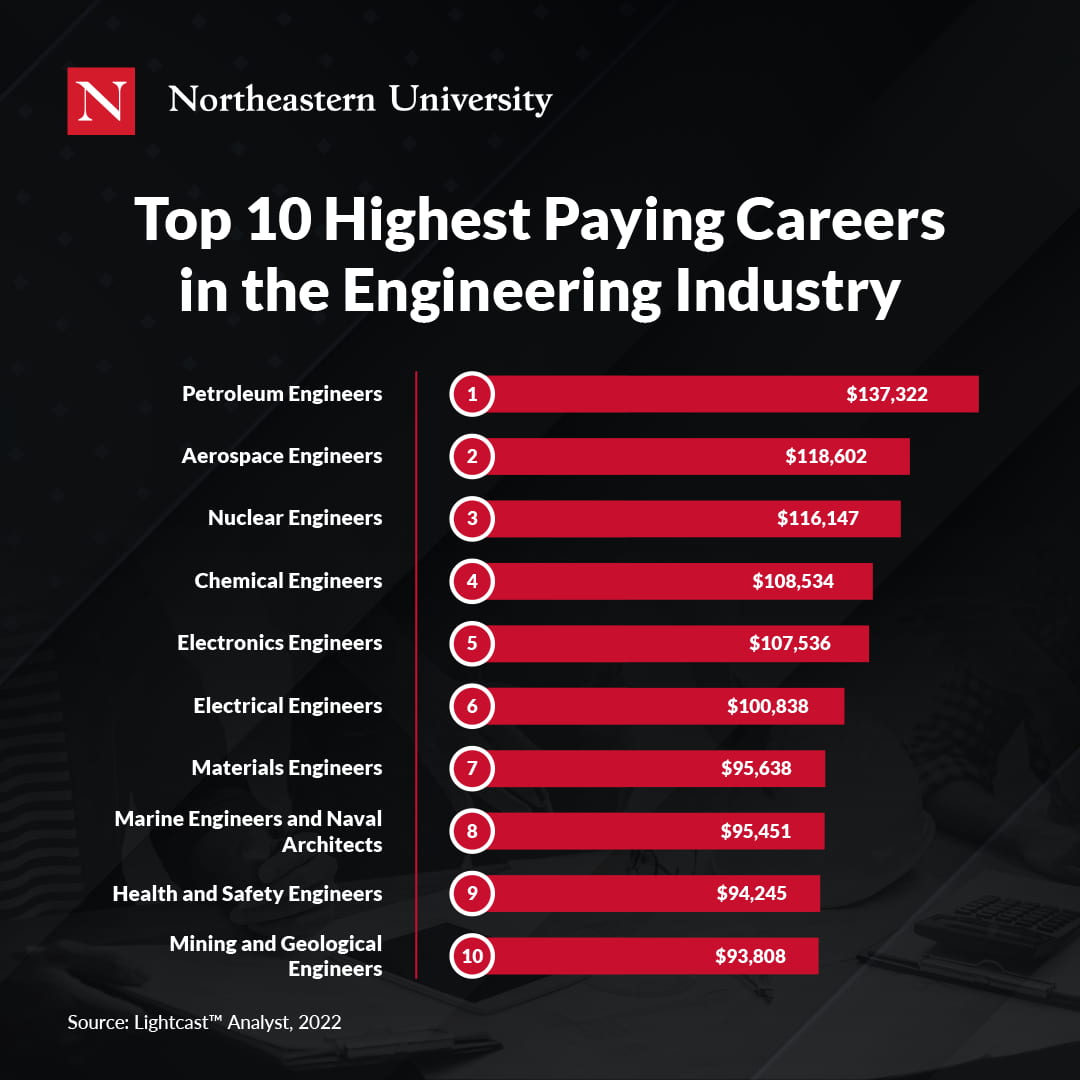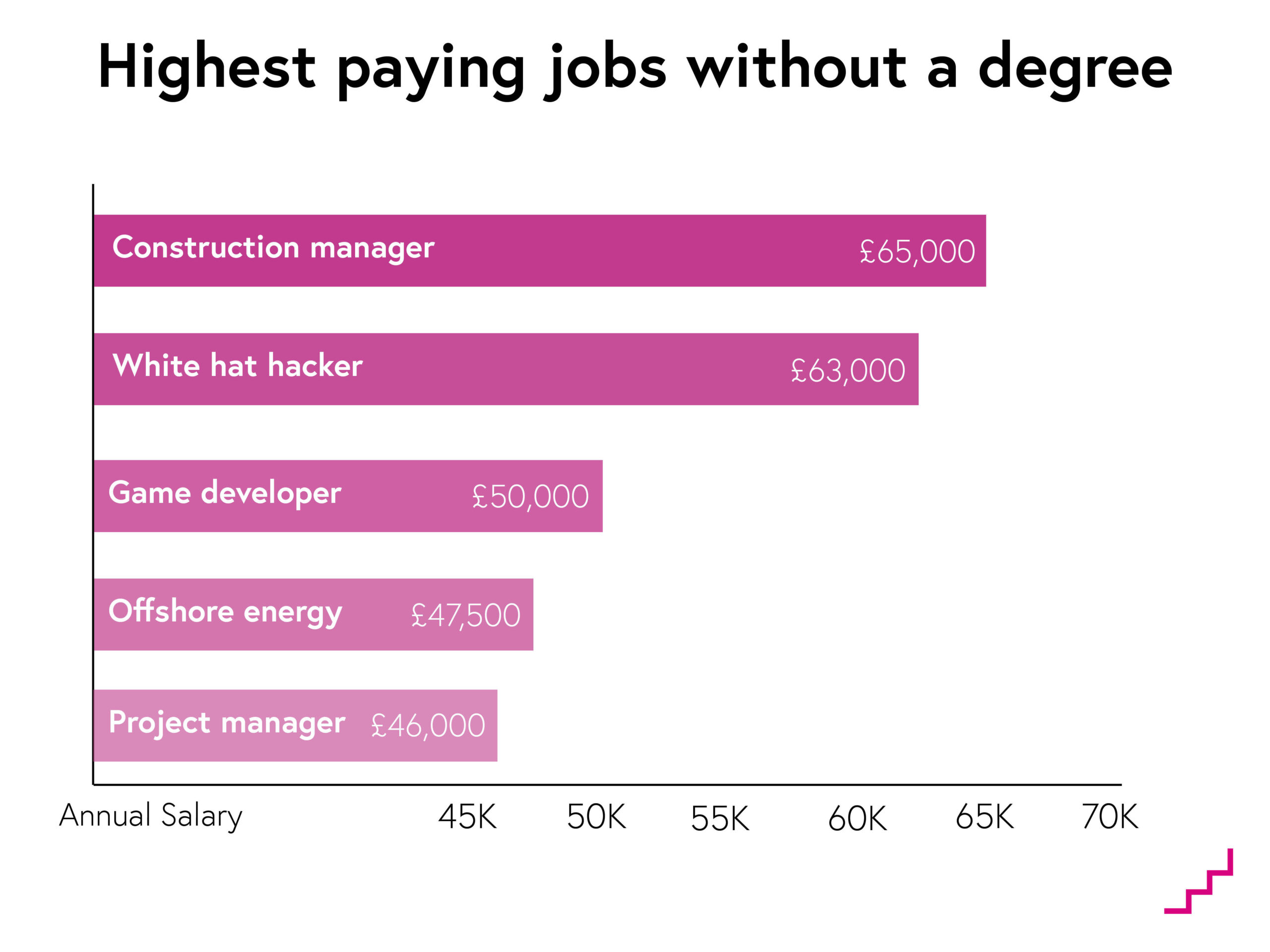Breaking the $30-an-Hour Barrier: What You Need to Know
The job market has undergone significant changes in recent years, with a growing demand for skilled professionals who can command high salaries. Jobs that pay over 30 an hour are no longer the exception, but rather a norm in many industries. According to labor market analytics, the number of high-paying jobs has increased by 15% in the past two years alone, with no signs of slowing down. This trend is driven by the need for specialized skills, technological advancements, and a shift towards knowledge-based economies.
As a result, professionals with in-demand skills can now expect to earn salaries that were previously reserved for senior executives or specialized experts. For instance, data scientists, software engineers, and healthcare professionals are among the top earners, with median salaries ranging from $60,000 to over $150,000 per year. These figures translate to hourly wages of $30 to over $75, making them some of the most lucrative careers available.
However, it’s essential to note that these high-paying jobs often require significant investments in education, training, and experience. Employers are willing to pay top dollar for professionals who can deliver exceptional results, drive innovation, and solve complex problems. To break into these careers, individuals must be willing to put in the time and effort to develop the necessary skills and expertise.
Despite the challenges, the rewards are well worth it. Jobs that pay over 30 an hour offer not only financial security but also a sense of fulfillment and purpose. Professionals in these roles are often at the forefront of their industries, driving change and making a meaningful impact. As the job market continues to evolve, it’s likely that we’ll see even more high-paying opportunities emerge, making it an exciting time for professionals to explore new career paths.
Top Industries with High-Paying Job Opportunities
Several industries offer jobs that pay over 30 an hour, providing professionals with lucrative career opportunities. Some of the top industries include:
Healthcare: With an aging population and an increased focus on healthcare, this industry is experiencing rapid growth. Jobs such as pharmacists, dentists, and physicians can earn upwards of $100,000 per year, translating to hourly wages of $50 to over $100.
Finance: The finance industry is known for offering high-paying jobs, particularly in investment banking, asset management, and financial analysis. Professionals in these roles can earn salaries ranging from $80,000 to over $200,000 per year, or $40 to over $100 per hour.
Technology: The tech industry is booming, with high-paying jobs in software development, data science, and IT management. These professionals can earn salaries ranging from $70,000 to over $150,000 per year, or $35 to over $75 per hour.
Engineering: Engineers are in high demand, particularly in fields such as aerospace, chemical, and petroleum engineering. These professionals can earn salaries ranging from $60,000 to over $120,000 per year, or $30 to over $60 per hour.
Other industries that offer high-paying jobs include law, consulting, and energy. These industries often require specialized skills and education, but can provide professionals with lucrative career opportunities and a high quality of life.
Some examples of in-demand jobs within these industries include:
- Software engineer: $105,000 per year, or $53 per hour
- Financial manager: $142,000 per year, or $68 per hour
- Pharmacist: $126,000 per year, or $61 per hour
- Aerospace engineer: $115,000 per year, or $55 per hour
- Data scientist: $118,000 per year, or $57 per hour
These figures demonstrate the potential for high-paying jobs in various industries, and highlight the importance of developing specialized skills and education to succeed in these fields.
How to Land a High-Paying Job: Essential Skills and Qualifications
To land a high-paying job, it’s essential to possess the right combination of skills, qualifications, and experience. While the specific requirements may vary depending on the industry and job title, there are certain skills and qualifications that are highly valued by employers.
Education is a critical factor in securing a high-paying job. Many jobs that pay over 30 an hour require a bachelor’s degree or higher, particularly in fields such as engineering, finance, and healthcare. Additionally, having a graduate degree or specialized certifications can significantly increase earning potential.
Experience is also a key factor in landing a high-paying job. Employers often look for candidates with relevant work experience, particularly in industries where skills are highly specialized. Having a strong track record of achievements and a proven ability to deliver results can make a candidate more attractive to potential employers.
Certifications and licenses can also be beneficial in securing a high-paying job. For example, certifications in fields such as IT, finance, and healthcare can demonstrate expertise and commitment to a particular field. Licenses, such as those required for law and medicine, can also be essential for certain high-paying careers.
In addition to formal education and certifications, there are certain skills that are highly valued by employers. These include:
- Communication and interpersonal skills
- Problem-solving and analytical skills
- Leadership and management skills
- Technical skills, such as programming and data analysis
- Time management and organizational skills
Developing these skills can be achieved through a combination of formal education, training, and experience. Online courses, workshops, and conferences can provide opportunities for professional development and skill-building. Additionally, seeking out mentorship and networking opportunities can help individuals build relationships and stay up-to-date with industry trends.
By focusing on developing the right combination of skills, qualifications, and experience, individuals can increase their chances of landing a high-paying job and achieving long-term success.
Exploring High-Paying Job Options: From Management to Creative Fields
While many high-paying jobs are found in traditional industries such as healthcare, finance, and technology, there are also many lucrative career opportunities in management, creative fields, and skilled trades. These jobs often require specialized skills and education, but can provide professionals with a high level of job satisfaction and financial reward.
Management careers are a great example of high-paying job options that are available in a variety of industries. Jobs such as management consultants, marketing managers, and human resources managers can earn salaries ranging from $80,000 to over $150,000 per year, or $40 to over $75 per hour.
Creative fields are another area where high-paying job opportunities can be found. Careers such as graphic designers, user experience (UX) designers, and software developers can earn salaries ranging from $60,000 to over $120,000 per year, or $30 to over $60 per hour.
Skilled trades are also an area where high-paying job opportunities are available. Careers such as electricians, plumbers, and HVAC technicians can earn salaries ranging from $50,000 to over $100,000 per year, or $25 to over $50 per hour.
Some examples of high-paying job options in these fields include:
- Management consultant: $95,000 per year, or $48 per hour
- Marketing manager: $85,000 per year, or $43 per hour
- Graphic designer: $65,000 per year, or $33 per hour
- UX designer: $90,000 per year, or $45 per hour
- Electrician: $60,000 per year, or $30 per hour
These figures demonstrate the potential for high-paying jobs in a variety of fields, and highlight the importance of developing specialized skills and education to succeed in these careers.
It’s also worth noting that many of these high-paying job options are in high demand, with growth prospects that are above average. For example, the Bureau of Labor Statistics predicts that employment of management consultants will grow 14% from 2020 to 2030, while employment of graphic designers is expected to grow 3% during the same period.
Maximizing Your Earning Potential: Salary Negotiation Strategies
When it comes to jobs that pay over 30 an hour, salary negotiation is a crucial step in maximizing your earning potential. By researching market rates, highlighting your achievements, and making a strong case for higher pay, you can increase your chances of securing a high-paying job.
Researching market rates is essential in determining a fair salary range for your position. Utilize online resources such as Glassdoor, Payscale, and LinkedIn to determine the average salary for your job title and industry. This information will provide a solid foundation for your salary negotiation.
Highlighting your achievements is also critical in demonstrating your value to potential employers. Prepare a list of your accomplishments, including any relevant projects, awards, or recognition you have received. This will help you to make a strong case for higher pay and demonstrate your worth to the employer.
When negotiating your salary, it’s essential to be confident and assertive. Avoid apologetic or hesitant language, and instead focus on your achievements and the value you can bring to the organization. Remember, the employer wants to hire the best candidate for the job, and by demonstrating your worth, you can increase your chances of securing a high-paying job.
Some additional tips for salary negotiation include:
- Be prepared to discuss your salary expectations and provide evidence to support your request
- Be flexible and open to negotiation, but also be clear about your minimum salary requirements
- Use language such as “I’m excited about the opportunity to contribute to the organization and believe my skills and experience warrant a salary of $X”
- Avoid discussing personal financial issues or making demands, and instead focus on your professional value and contributions
By following these salary negotiation strategies, you can increase your chances of securing a high-paying job and maximizing your earning potential.
Overcoming Obstacles: Common Challenges in High-Paying Careers
While jobs that pay over 30 an hour can be highly rewarding, they often come with unique challenges that can impact work-life balance and overall well-being. Some common obstacles faced by professionals in high-paying careers include:
Stress and pressure to perform: High-paying jobs often come with high expectations and pressure to deliver results. This can lead to stress and anxiety, particularly if the job requires long hours or intense focus.
Long hours and demanding schedules: Many high-paying jobs require long hours, including evenings and weekends. This can make it difficult to maintain a healthy work-life balance and can lead to burnout.
High expectations and scrutiny: Professionals in high-paying careers are often under intense scrutiny, with their performance closely monitored and evaluated. This can create a sense of pressure and stress, particularly if the job requires high levels of accountability.
To overcome these challenges, it’s essential to develop effective coping strategies and prioritize self-care. Some tips for managing stress and maintaining work-life balance include:
- Setting clear boundaries and prioritizing personal time
- Developing a self-care routine, including exercise, meditation, and relaxation techniques
- Seeking support from colleagues, mentors, or mental health professionals
- Learning to say no and delegate tasks when possible
- Taking regular breaks and practicing time management techniques
By acknowledging the potential challenges of high-paying careers and developing effective coping strategies, professionals can maintain their physical and mental well-being while achieving success in their chosen field.
Staying Ahead of the Curve: Continuing Education and Professional Development
In today’s fast-paced job market, it’s essential to stay ahead of the curve by continuously updating your skills and knowledge. This is particularly important for professionals in high-paying careers, where the demand for skilled workers is high and the competition is fierce.
One way to stay ahead of the curve is to pursue ongoing education and professional development. This can include taking courses, attending conferences, and participating in networking opportunities. By investing in your education and professional development, you can stay up-to-date with the latest industry trends and technologies, and increase your earning potential.
Some popular ways to pursue ongoing education and professional development include:
- Online courses and certifications: Websites such as Coursera, Udemy, and LinkedIn Learning offer a wide range of courses and certifications in various fields.
- Conferences and workshops: Attending conferences and workshops is a great way to learn from industry experts and network with other professionals.
- Professional associations: Joining professional associations is a great way to stay connected with other professionals in your field and stay up-to-date with the latest industry trends.
- Mentorship programs: Finding a mentor who is experienced in your field can be a great way to learn from their experiences and gain valuable insights.
By investing in your education and professional development, you can increase your earning potential and stay ahead of the curve in your career. Remember, the job market is constantly evolving, and it’s essential to stay adaptable and open to new opportunities.
In the context of jobs that pay over 30 an hour, ongoing education and professional development are crucial for success. By staying up-to-date with the latest industry trends and technologies, you can increase your earning potential and stay ahead of the competition.
Conclusion: Unlocking Your Earning Potential
In conclusion, jobs that pay over 30 an hour are a reality for many professionals, and with the right skills, education, and experience, you can unlock your earning potential and achieve long-term success.
By understanding the current job market, identifying high-paying industries and job options, and developing essential skills and qualifications, you can increase your chances of landing a high-paying job.
Additionally, by staying ahead of the curve through ongoing education and professional development, you can stay competitive in the job market and continue to grow your earning potential.
Remember, high-paying careers often come with unique challenges, but by being aware of these challenges and taking steps to manage them, you can maintain a healthy work-life balance and achieve long-term success.
Ultimately, the key to unlocking your earning potential is to be proactive, adaptable, and committed to your career goals. By following the tips and advice outlined in this article, you can take the first step towards achieving your career aspirations and earning a salary that reflects your value and contributions.
So, don’t wait any longer to unlock your earning potential. Start exploring high-paying job options, developing your skills and qualifications, and taking steps to stay ahead of the curve. With dedication and hard work, you can achieve your career goals and earn a salary that exceeds $30 an hour.








